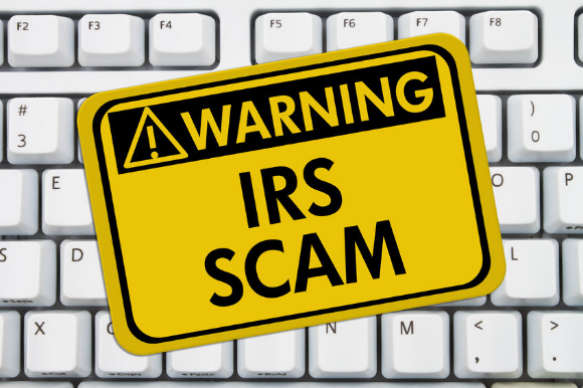Did you get a hostile call from the IRS about owing money? Did Uncle Sam email you a tax transcript? You are being scammed. Over the past few months, the IRS has issued notifications of new scams that are costing taxpayers millions. They include:
- Unsolicited phone calls fraudulently claiming to be from the IRS Taxpayer Advocate Service (TAS) office in Houston or Brooklyn. These calls are usually automated and request a callback. Once the taxpayer returns the call, the con artist asks for personal information including a Social Security number or individual taxpayer identification number (ITIN). Don’t fall for it. “TAS does not initiate calls to taxpayers ‘out of the blue,’” states the IRS. “Typically, a taxpayer would contact TAS for help first, and only then would TAS reach out to the taxpayer.” More on this scam here.
- Unethical tax return preparers known as “ghost” preparers have started scamming taxpayers by charging a fee based on a percentage of the refund. They may require payment in cash only, invent income to qualify you for tax credits or claim fake deductions to boost your refunds, or direct refunds into their own bank account. One sure way to spot fraud: Legitimate tax preparers will sign your return and include a valid Preparer Tax Identification Number (PTIN). Look for those on your return and review it carefully for any inaccuracies. For direct deposit refunds, make sure both your routing and bank account number on the completed tax return are correct. More on this scam here.
- Emails fraudulently appearing to come from the IRS have been infecting computers and business networks with malware known as Emotet. The email may seem to be from “IRS Online” with an attachment labeled “Tax Account Transcript” or something similar, and the subject line uses some variation of the phrase “tax transcript.” Similar emails that appear to be from well-known banks and financial institutions are also circulating. It’s important to note, however, that the IRS does not send unsolicited emails to the public or email sensitive documents. Reputable banks won’t email this information either. Advise your employees about the emails because one click on the attachment can unleash a destructive malware virus that could affect your computer network for months. More on this scam here.
These scams evolve over time, and many have become quite elaborate thanks to phone number masking and other technology. For additional scams alerts, look at this list from the IRS.


